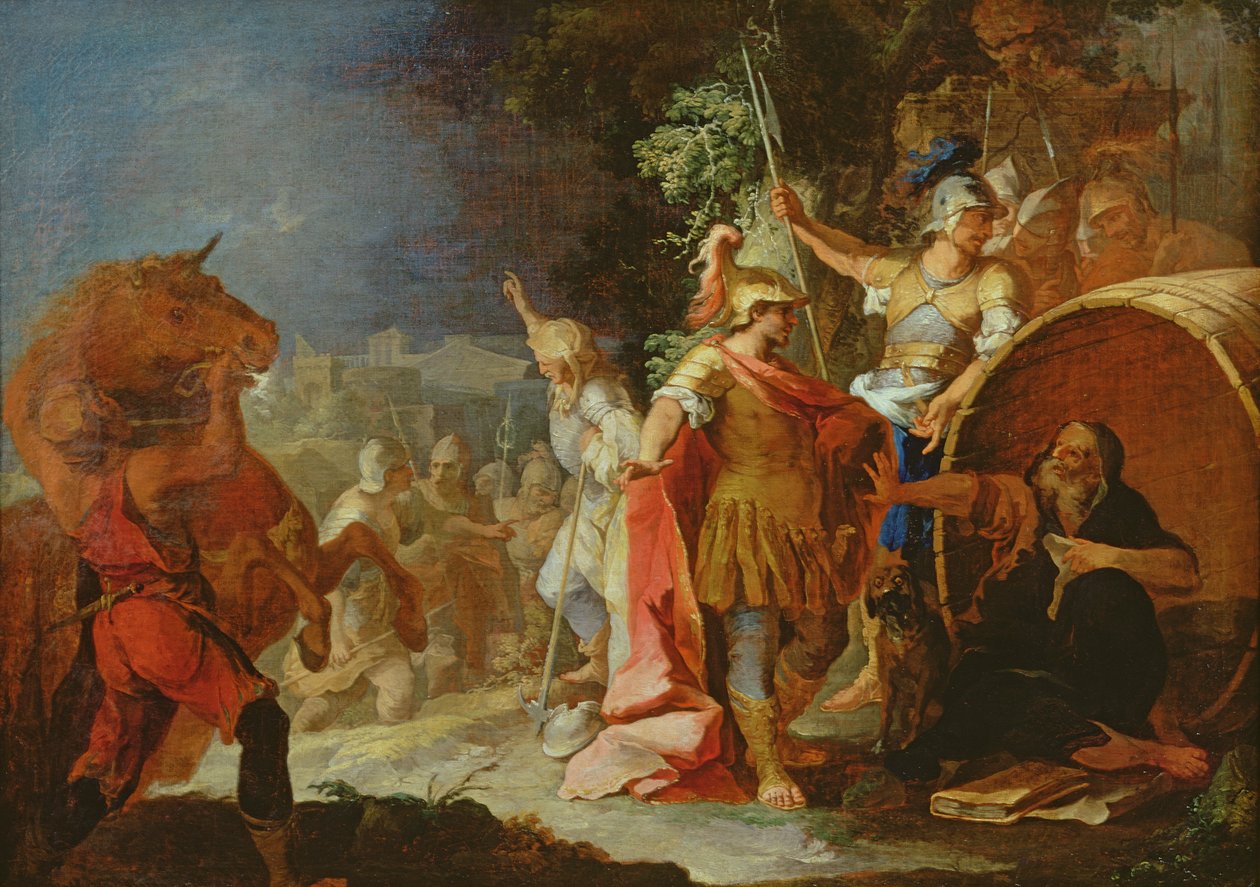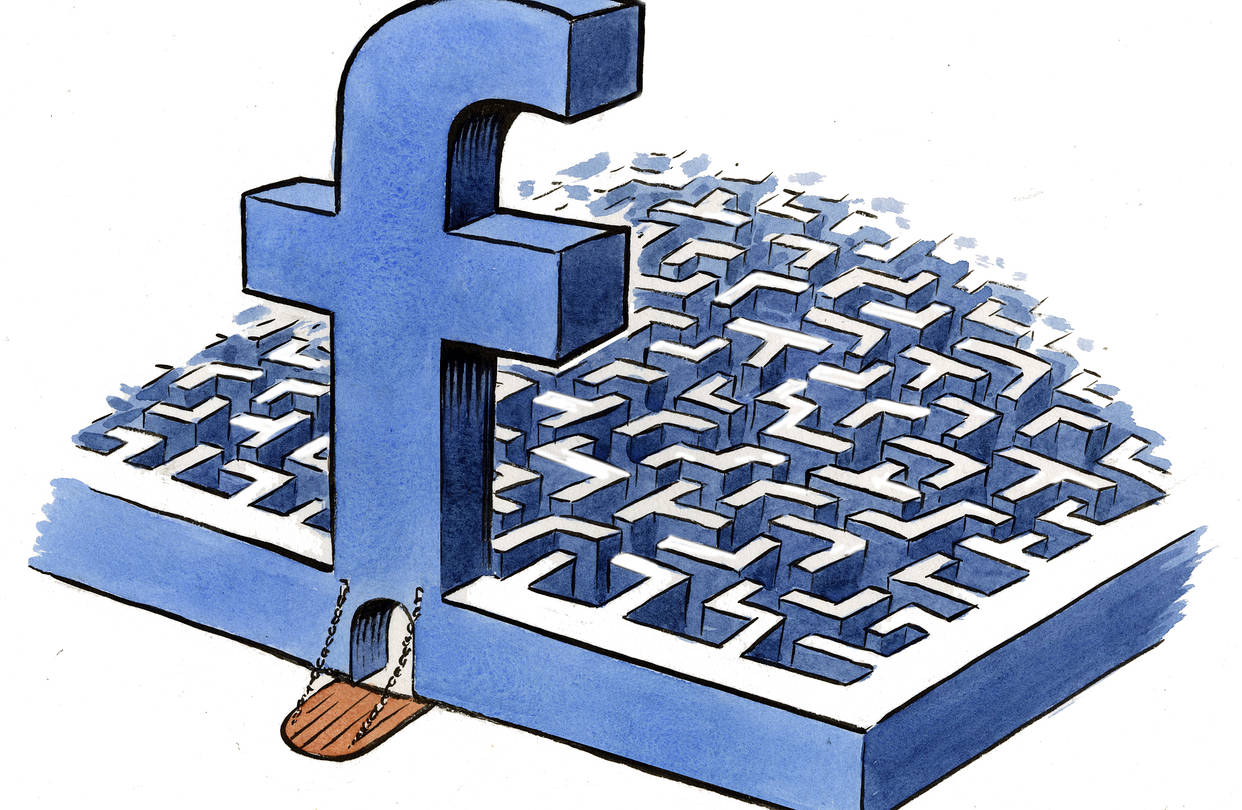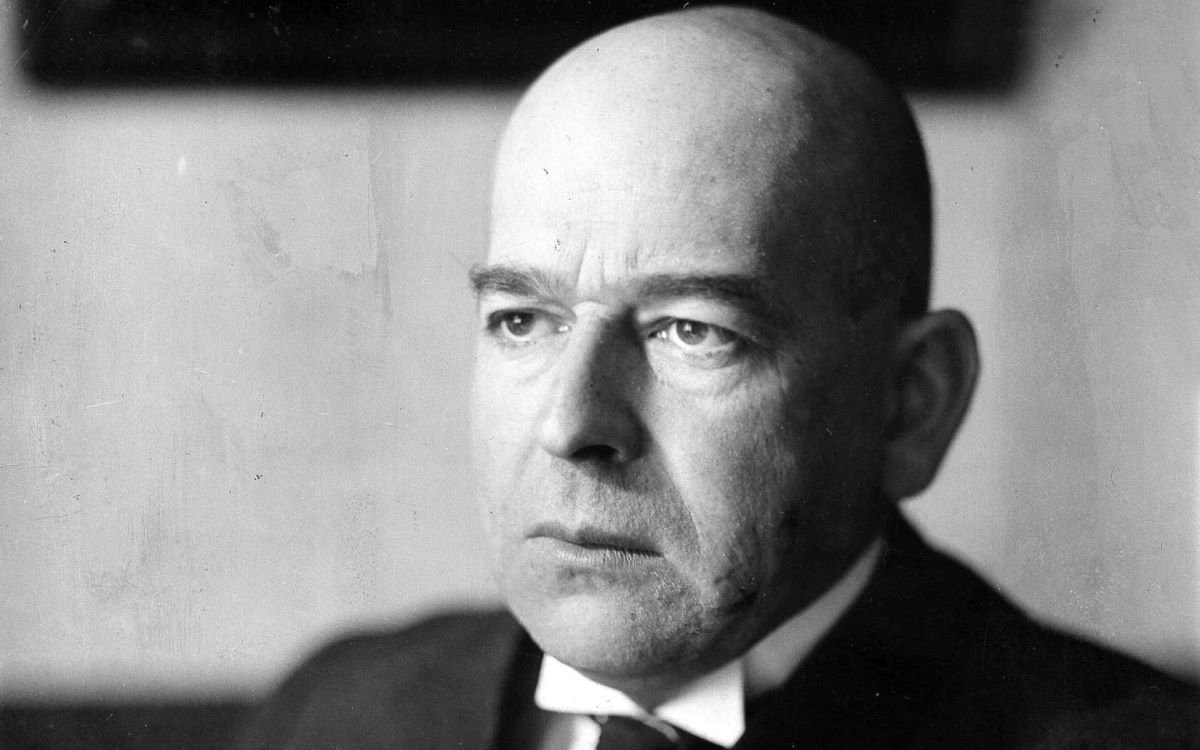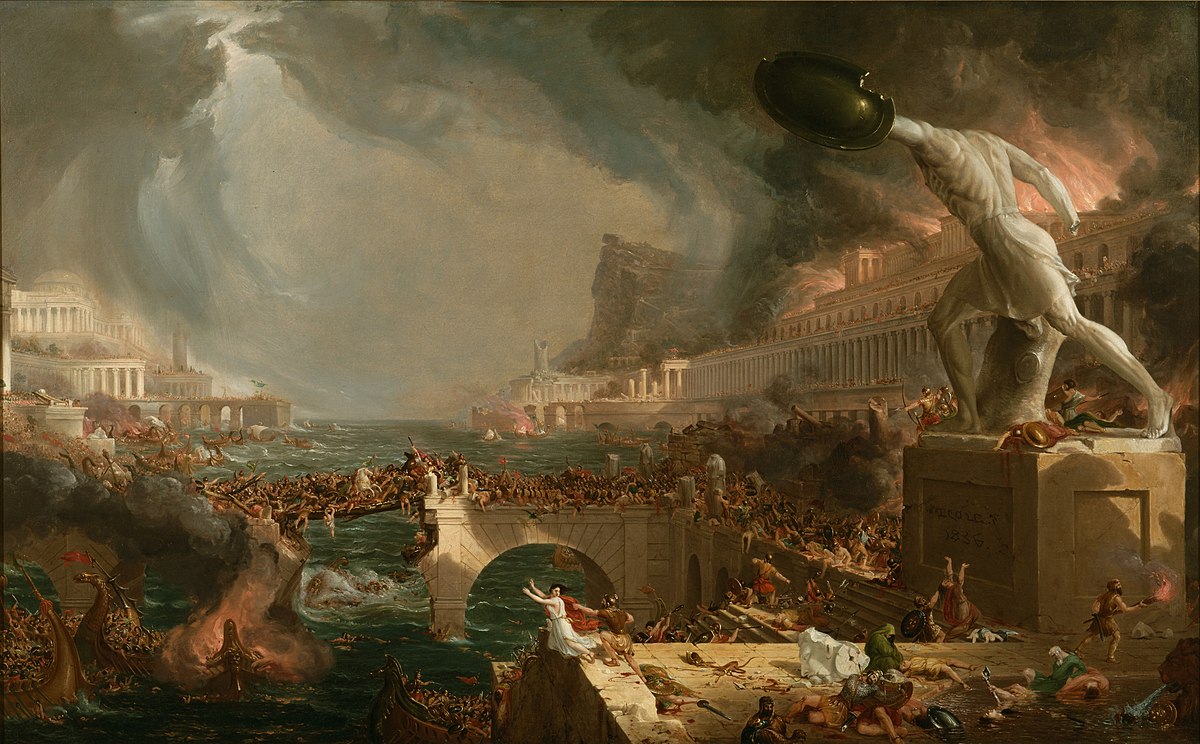Marcello Veneziani critiques the European Union for lacking a genuine identity and sovereignty, portraying it as an entity that never fully developed beyond its economic foundations into a robust political or cultural force. He argues that the EU, by aligning closely with American policies and neglecting its own diverse historical and cultural roots, has failed to establish itself as an independent entity capable of significant global influence. Veneziani highlights the EU’s focus on contemporary issues like abortion rights as symbolic of its deeper identity crisis, and he calls for a reclamation of Europe’s unique historical and cultural heritage to forge a stronger, more autonomous future.
* * *
The latest act in Brussels unveils what the European Union truly is: an abortion. The European Union has never been born; it has declined to establish an identity. Instead, it now enshrines abortion among the ethical and legal foundations of the union. This is not out of practical necessity but rather a mere ideological assertion, a creed. This kind of Europe, including many Christians and conservatives, overwhelmingly votes for abortion as a cornerstone. The ruling right remains silent, especially following a Church document that defined abortion as murder.
It’s been thirty-two years since the Treaty of Maastricht, not to mention the preceding decades of the EEC, yet Europe has not emerged as an autonomous and sovereign political entity with a unified foreign policy, its own military force, an elective government, and a constitution, which, twenty years ago in 2004, miscarried and never revived. Ernesto Galli della Loggia rightly argues in an editorial for Corriere della Sera that Europe isn’t a political entity because it lacks identity, it lacks a sense of its own history. We’ve believed for too long that politics is merely managing the present, the realm of current affairs and daily emergencies; but politics without roots withers, neither blooms nor bears fruit. Europe has forfeited an autonomous role and independent initiatives, once again sheltering under the Atlantic umbrella of NATO and the United States, avoiding taking responsibility for a strategic balancing role with the autonomous capacity to negotiate internationally.
We see this in Ukraine, Israel, Gaza, and everywhere.
Europe has failed to grasp two elementary premises necessary for its identity and sovereignty: first, that the world has long moved on from both American-Soviet bipolarity and the new world order led by the USA, with the USA acting as the arbiter and guarantor of the planet. Today, the world is divided into different regions, from China to India to Russia, along with various middle powers that exert significant regional hegemony or maintain their intractable autonomy, from Turkey to Iran, to Brazil and Korea. Not to mention volatile areas like the Middle East, Africa, and Southeast Asia. Therefore, it is time for Europe to come of age, reclaim the house keys, and engage with other sovereign powers without delegating to anyone.
But to have an identity, you must present yourself internationally not as a peripheral extension of the Western Bloc, aligned with U.S. policy, but as keenly aware that geopolitics, even before the primary interests of the European peoples, leads you to differentiate your position from that of a country with different history, interests, and aspirations, and separated by an ocean from the Eurasian and African blocs, while we are adjacent.
However, behind the deficient political and strategic theme lies an identity theme, or rather an identity abyss, a void. Its best symbol is the iconic European flag: many stars around a central black hole. The issue of identity isn’t merely historical, as historian Galli della Loggia believes, since it encompasses cultural, spiritual, and religious roots, which are not reducible to merely historical dimensions, despite their importance.
Here lies the fundamental issue that runs through historical memory and touches on the more complex theme of civilization: Europe has long denied its matrices; indeed, by denying its Greco-Roman and Christian roots, which John Paul II had vainly exhorted it to embrace, the Constitution miscarried, that is, the European identity card was not issued. But after denying its roots, glossing over its recent history, from the history of European nations to the trauma of the two world wars that dismembered and weakened it, Europe now orbits America. It is self-destructing with ideologies like woke culture, political correctness, anti-colonialism, anti-racism, cancel culture, and apologizing for its existence.
How can a European identity emerge if Europe denies its own civilization or considers it barbaric? If no one defends the historical memory of Europe and Christian civilization—Catholic, Protestant, and Orthodox—if we are to view past epochs only as times of shame dominated by empires, wars, abuses, and conquests. If we even dismantle natural communities like the family in the name of civil rights, establishing at the level of European norms and courts a continual primacy of individualism, rights divorced from duties and linked to desires, the right to death in the form of abortion and euthanasia at the expense of the right to life and birth; of surrogacy rather than defending and promoting natural fertility and birth rates, what remains of European civilization and its traditions?
The war that Europe has waged against itself concerns not only historical identity, as Galli della Loggia claims, but also extends against nature, the natural family, natural procreation, natural law, human nature. Only then to wave the flag of environmentalism in defense of nature, after betraying nature in its most significant locales and references.
It’s easy to say that Europe’s limitation is its origin around an economic agreement, an Europe of banks and markets, an Europe of currency and not of peoples. We are reduced to this economic reductionism because nothing has been done to awaken, strengthen, and project a common European identity, refusing even the term “identity”. Thus, Europe has been imposed from above like a coat of paint and descended like a cage of norms, restrictions, and directives. But a coat of paint and a cage do not make an identity.
Panorama n.16, April 10, 2024





